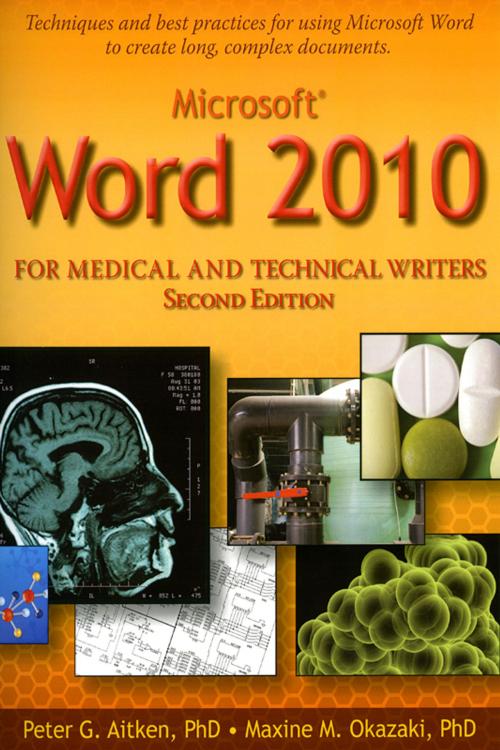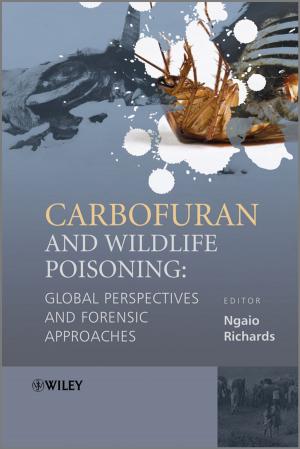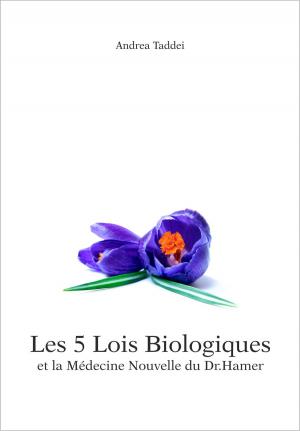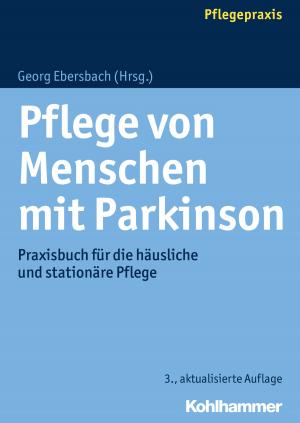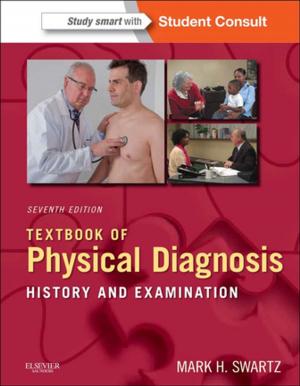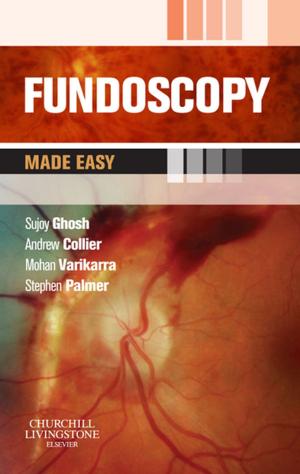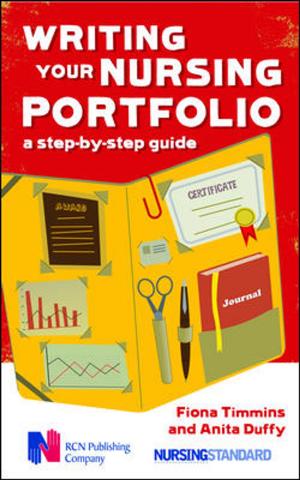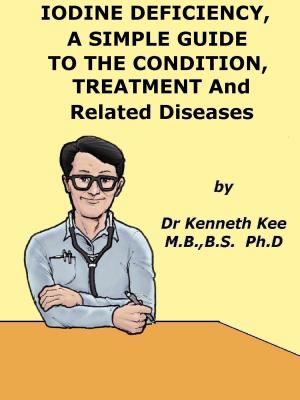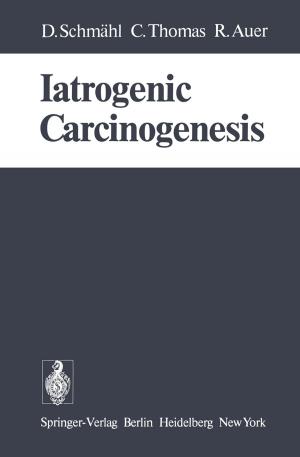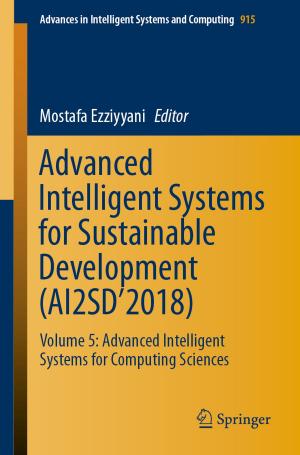Microsoft Word 2010 for Medical and Technical Writers
Nonfiction, Computers, Application Software, Word Processing, Desktop Publishing, Health & Well Being, Medical| Author: | Peter Aitken, PhD, Maxine Okazaki, PhD | ISBN: | 9781890586256 |
| Publisher: | Piedmont Medical Writers LLC | Publication: | March 13, 2013 |
| Imprint: | Language: | English |
| Author: | Peter Aitken, PhD, Maxine Okazaki, PhD |
| ISBN: | 9781890586256 |
| Publisher: | Piedmont Medical Writers LLC |
| Publication: | March 13, 2013 |
| Imprint: | |
| Language: | English |
Learn how to use Microsoft Word for long, complex documents. Microsoft Word is by far the most widely used word processing program. All over the world, it is used to create everything from half-page memos, meeting agendas, and letters to scientific journal articles, grant applications, and 1000 page technical documents. It's a powerful and flexible program to be sure, but being a jack-of-all-trades it is unavoidably master of none. Word can be particularly problematic for writers who create long, complex documents. Styles, templates, tables of contents, headers and footers, tables, automatic numbering—these are just some of the areas where Word can bring grief to the unwary writer. In their long experience with such documents, the authors have developed techniques to avoid, minimize, or work around most of these problems. They shared their expertise in the first edition of this book, which was very well received. Now, the book has been completely revised to cover the latest version of the program, Word 2010.
Learn how to use Microsoft Word for long, complex documents. Microsoft Word is by far the most widely used word processing program. All over the world, it is used to create everything from half-page memos, meeting agendas, and letters to scientific journal articles, grant applications, and 1000 page technical documents. It's a powerful and flexible program to be sure, but being a jack-of-all-trades it is unavoidably master of none. Word can be particularly problematic for writers who create long, complex documents. Styles, templates, tables of contents, headers and footers, tables, automatic numbering—these are just some of the areas where Word can bring grief to the unwary writer. In their long experience with such documents, the authors have developed techniques to avoid, minimize, or work around most of these problems. They shared their expertise in the first edition of this book, which was very well received. Now, the book has been completely revised to cover the latest version of the program, Word 2010.
